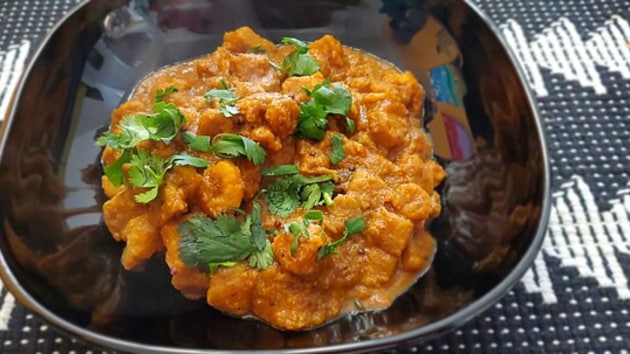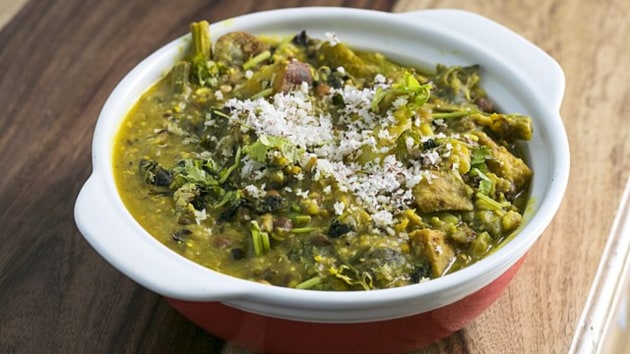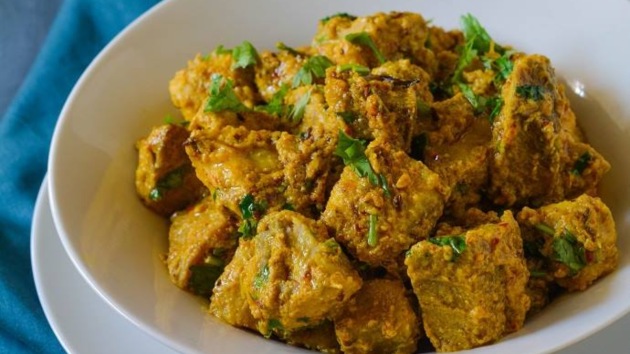Why jimikand is consumed on Diwali; 6 recipes to enjoy the vegetable
Discover some recipe ideas for jimikand (elephant foot/ yam) and know why it is eaten on Diwali.
October 17, 2025 16:38 IST 1 / 7
1 / 7Jimikand, also known as elephant foot yam, holds both cultural and health significance during Diwali. It’s believed to bring good luck, balance digestion after festive feasting, and cleanse the system before winter sets in. (wikimedia commons)
 2 / 7
2 / 7Ancient Ayurvedic texts mention that eating jimikand on Diwali helps detoxify the body and improve gut health. Symbolically, it’s thought to remove negativity, just as it grows underground and emerges pure after cleansing. (wikimedia commons)
 3 / 7
3 / 7Jimikand Kofta: Soft yam balls deep-fried and simmered in a creamy gravy are extremely delicious. (wikimedia commons)
 4 / 7
4 / 7Dahi Jimikand: Lightly sautéed yam cubes tossed in curd with roasted cumin and coriander powder. A cooling side dish that aids digestion after heavy meals. (via facebook maayeka)
 5 / 7
5 / 7Jimikand Stirfry: Toss yam cubes with curry leaves, mustard seeds, and coconut for a South Indian twist. (wikimedia commons)
 6 / 7
6 / 7Jimikand Tikki: Grated and boiled yam mixed with spices, shaped into patties, and shallow-fried. A crispy and healthy Diwali snack option that’s easy to digest. (wikimedia commons)
 7 / 7
7 / 7Jimikand Chips: Thinly sliced yam, air-fried or baked with a sprinkle of salt and chili powder. A guilt-free alternative to potato chips during festive snacking. (wikimedia commons)











